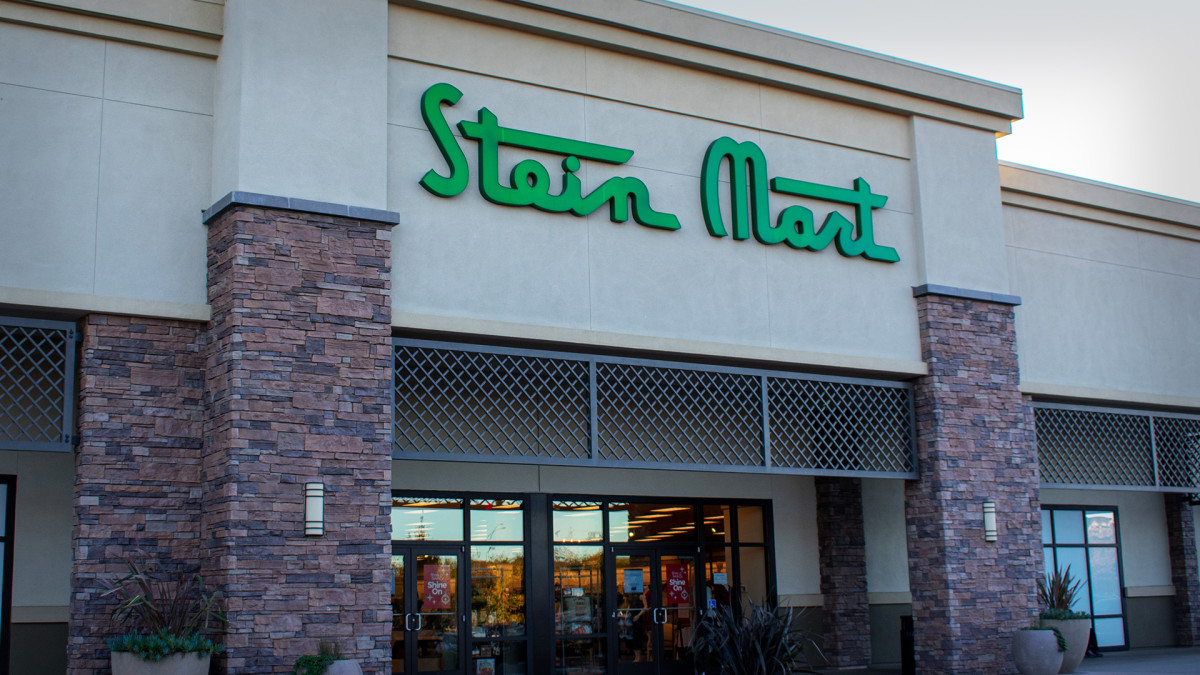
In retail, like in comic books and Marvel movies, it's possible to die more than once.
Sure, Iron Man died at the end of "Avengers" Endgame," in an incredibly emotional way, but with the Marvel Cinematic Universe struggling at the box office, Walt Disney could easily bring back Robert Downey Jr. Maybe he's a Tony Stark from the multiverse, maybe he's a clone, or maybe he just comes back from the dead.
All of those scenarios happen in comic books and movies because, well, when your best new villain idea is Snoke, it might make sense to bring back Emperor Palpatine. In many ways, the same logic applies to retailers.
Related: Another fast-food operator files Chapter 11 bankruptcy
When a well-known brand goes out of business, the company's name still holds value. That's why Overstock.com bought the intellectual property of Bed Bath & Beyond after its Chapter 7 liquidation. More people know the Bed Bath & Beyond brand and what it stands for than Overstock.com, a name that did not actually reflect what the online retailer sold.
In many cases, this ends up with new companies owning some once-renowned names and reviving them in a variety of ways. Sometimes, that can lead to full-fledged retail rebirths, but, in most cases, it usually means the new owner leverages well-known store names to launch digital stores.
That's largely the business model for Retail Ecommerce Ventures (REV), a company that has acquired a long list of brands you know. The new owner of many popular brands, however, now faces a significant risk of bankruptcy.

Image source: Shutterstock
Stein Mart, Pier 1, Radio Shack owner faces 'high risk' of default
REV has built its business on buying once-popular retail brands and reviving them as online-only stores. The company now owns Pier 1, Stein Mart, RadioShack, DressBarn, Linens 'n Things, Modell's, and a handful of lesser-known names.
The company (Stein Mart) currently has a high risk of default, according to data compiled by Creditsafe.
"The company’s (Stein Mart's) DBT was 105 as of October 2023. This means any company providing services/goods to the retailer would have to wait over three months past payment terms before they would receive their first payment," CreditSafe shared in its Financial & Bankruptcy Outlook Retail Report.
"Stein Mart’s owner could be headed for bankruptcy," the report stated, noting that in March, REV "hired restructuring lawyers, signaling bankruptcy could once again be on the horizon."
How Creditsafe's reports work
Creditsafe uses two scores to measure a company's financial health.
DBT refers to the number of days it typically takes to pay invoices beyond payment terms. For example, if a company has a DBT of 15, then it pays its invoices 15 days past payment terms. REV's Stein Mart brand, as noted above, has a DBT of 105
"Stein Mart has had considerable trouble paying its bills on time. In fact, all its outstanding bills for the last six months (May through October) were delinquent (91+ days). And June was the worst month, with the value of its delinquent bills increasing by 191.66%.," according to CreditSafe's report.
The risk-measuring firm's second metric, "risk score," uses a scale of 1 to 100 to predict the likelihood that a company’s payment performance will become seriously delinquent (91+ days beyond terms) or that the company will go bankrupt within the next 12 months.
Creditsafe does not publish the "risk score" it places on Stein Mart/REV but it does share that it puts the company in its "high-risk" category.
"Based on a Wall Street Journal Report, in March 2023, Stein Mart's parent company Retail Ecommerce Ventures was exploring options to get out of the financial trouble they're in, including a potential Chapter 11 bankruptcy," said Ragini Bhalla, head of brand and spokesperson for Creditsafe.
REV did not respond to a request for comment from TheStreet made on Nov. 29.







